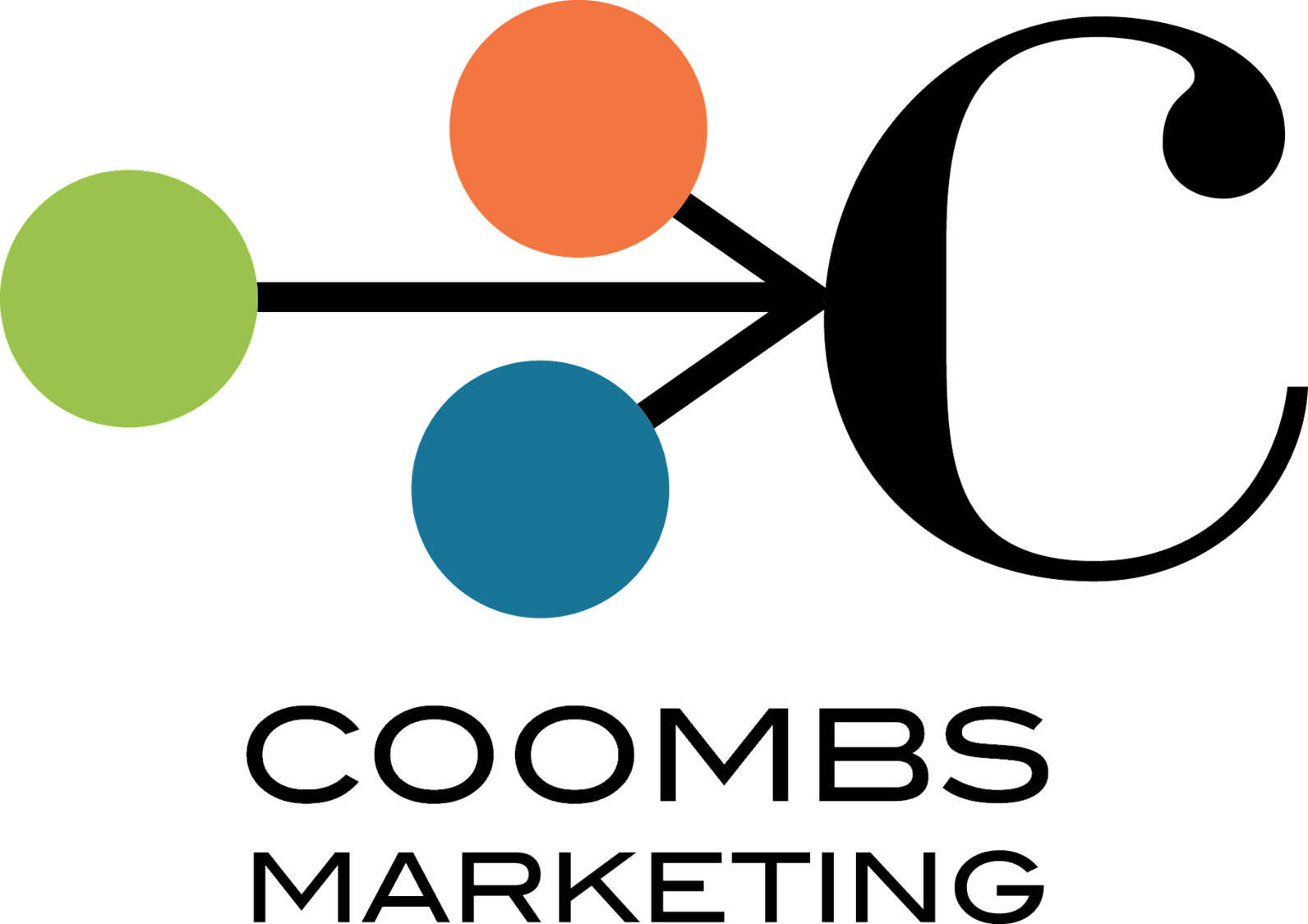
As I started my Monday morning, I stumbled upon an email containing teasers and links to some of the latest industry posts. That’s when a headline caught my eye: PPC for Startup Marketers: An Introductory Guide by Marcel Pirlich. I found myself scratching my head. PPC, eh? What does that mean? The article’s description referred to PPC two more times before providing the “Read Full Article” link.
Buffering… Hmm, PPC - I feel like I should know this.
So I asked my resident marketing Guru who also happened to be the only other person in the room with me. He said to me “you do know what it means… it stands for Pay Per Click.” Let me back up and start by saying that a large part of my career was spent in the Insurance industry, an industry heavily laden with acronyms. To me, PPC has always been a term I associated with Personal Property/Casualty insurance. I am acquainted with Pay Per Click, but in the barely-caffeinated stage of my early morning routine, the “lightbulb” never turned on and I missed the point, completely.
Although I immediately (and incorrectly) dismissed the post as not pertaining to me to me, I started to think about the language I use, when creating content. In this instance, the use of acronyms and industry jargon hurt the message the author was trying to convey. I didn’t give them the time to introduce themselves or tell their story – they lost me - I had already moved on.
Here are some key things to remember when using acronyms in content creation:
Acronyms are just a bunch of letters – until you give them meaning.
The possible letter combinations and their corresponding definitions are endless. Most of us have fallen victim to the text message variety – TTYL, OMG, SMH – the type of message you respond to with a simple ‘?’ because you don’t have any idea what they mean. Was that a typo or some sort of cryptic hieroglyphic shorthand perhaps?
This is especially true with industry specific acronyms. Take the TSA for example. You’ll encounter those guys every time you go to the airport, they’re the Transportation Security Administration, but it means something completely different to a chemist (Thermal Swing Absorption) and is different still, to a financial planner (Tax Sheltered Annuity). When you’re talking about 3-4 letter combinations, it’s probable that your industry isn’t the only one with “dibs” on that letter combination.
Industry jargon means nothing to the “new guy”.
The aim is to educate people – to teach them something they didn’t already know. To someone with limited industry knowledge, acronyms can be overwhelming. I find myself trying to figure them out, coming up with comedic anecdotes for what they could mean, but rarely coming up with the correct definition, on my own. That’s the point where I ask someone, turn to google , or worse move on completely and never absorb the author’s intended message.
Acronyms don’t help search engines bring buyers to you.
There is no harm in using acronyms in your posts, but if you are using them, you must define you mean. Here’s what Scribendi.com recommends:
“The first time you use an acronym in your document, the words should be written out with the short form placed in parentheses immediately after. This way, it's clear to the readers exactly what the letters mean.”
When creating content, you have two audiences – your reader and big brother (AKA search engines). What I mean by this is that in order to bring the human audience to you, search engines must be able to automatically define what you’re offering – who you are and what you do - in order to direct your message to the people who want to read it. By using acronyms without including their proper definitions, you have cut off this ability, thereby decreasing the search engine’s likelihood of directing readers to you.
After doubling back and actually reading the post that sparked my acronym frenzy, I noticed that I fit fairly closely into this author’s buyer persona, or at least their intended audience. The post was about Pay Per Click strategy, for beginners. Many the other key blog “best practices” were there. There was a clear focus on educating, the article contained information I found valuable, it was well formatted and broken up nicely with interesting images. The constructive criticism I would offer is to use the phrase Pay Per Click in the blog’s title. That’s it. The rest of the article was good to go! Although the lightbulb didn’t go off, equating the PPC acronym with its definition, it definitely did go off as an inspiration for a blog topic!


